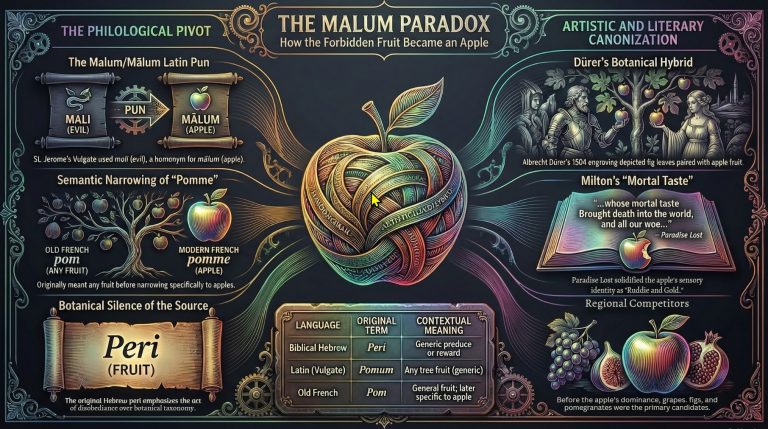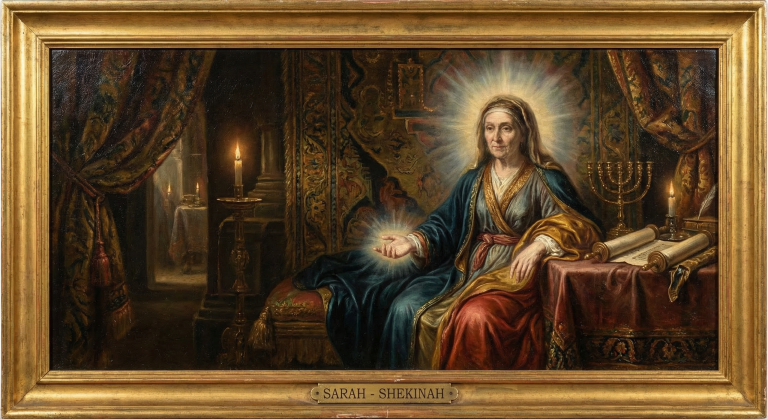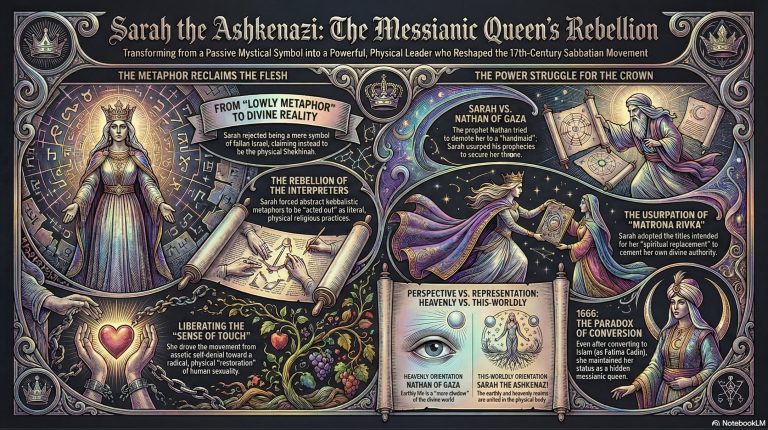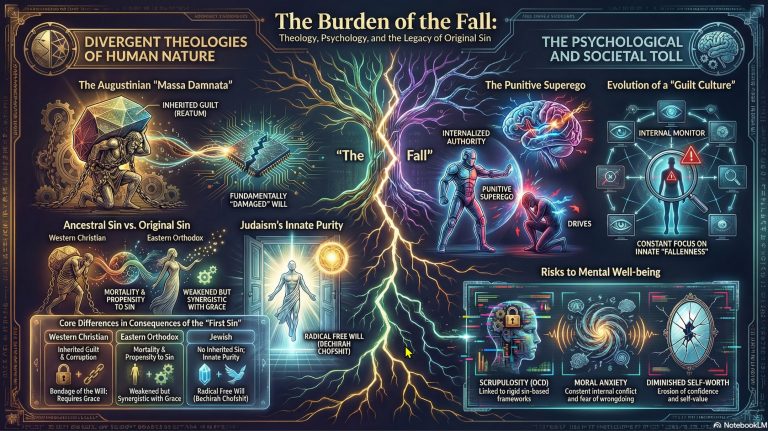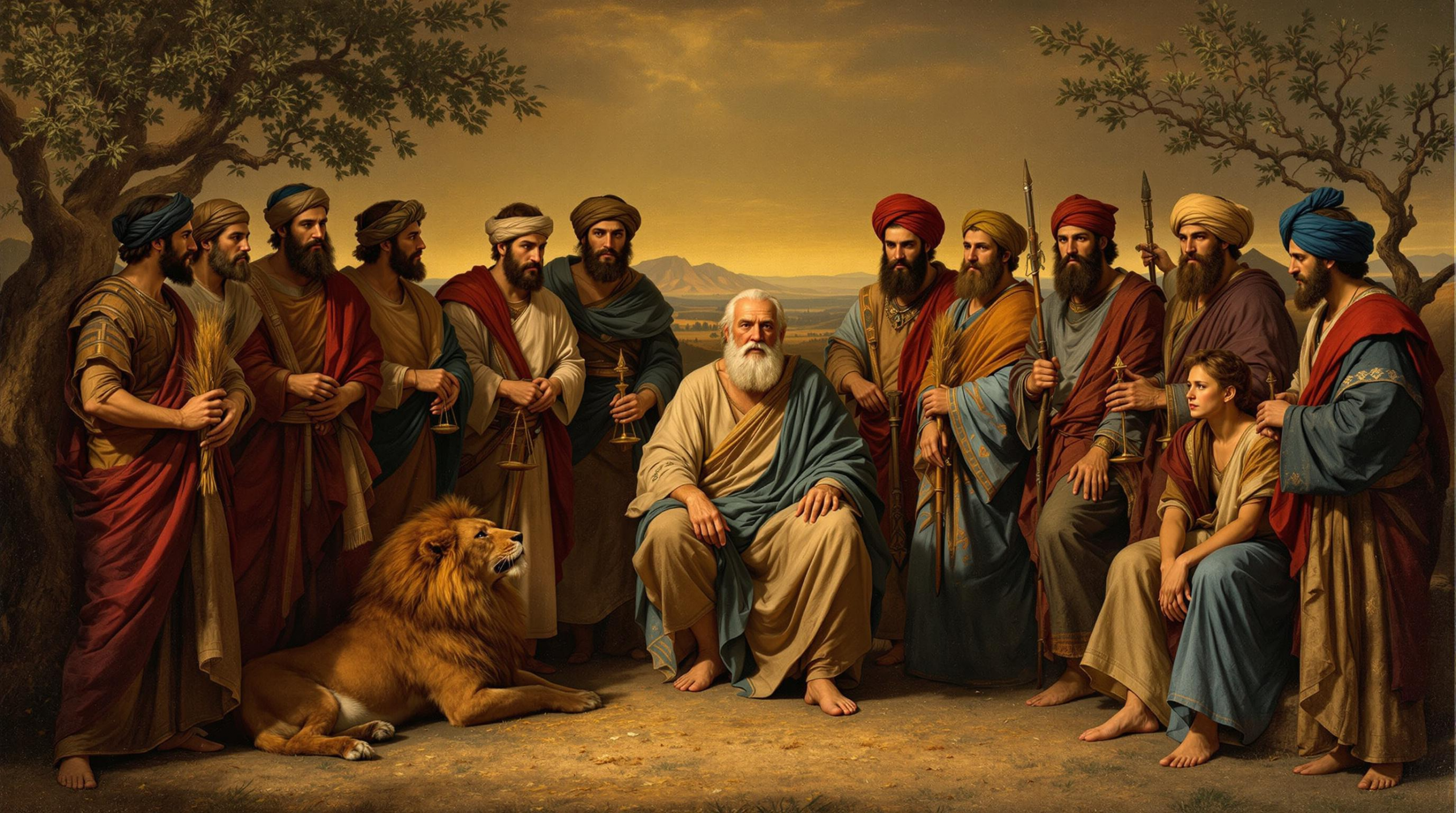



| Rabbi Yehoshua Geller Rabbi Yehoshua Geller received Smicha from Rav Mordechai Elefant zt”l and the ITRI Yeshiva, where he was a Talmid for many years. He served as the Rosh Beit Medrash of the English Speakers’ Program at the Jerusalem College of Technology/Machon Lev, Rabbi Geller has also taught at Yeshivat Yam HaTalmud and Yeshivat Hamivtar. Rabbi Geller holds an M.A. in Hebrew Studies. | Google Notebook LM NotebookLM was initially launched in 2023 as “Project Tailwind”. The team building the product includes popular science author Steven Johnson and product manager Raiza Martin. In mid-October 2024, Google removed the “experimental” status/badge for the software. In December 2024, Google launched the paid version of NotebookLM, called NotebookLM Plus, to enterprises and paid Gemini subscribers. |
In a world where technology constantly reshapes our understanding, we are thrilled to introduce a groundbreaking initiative that bridges ancient wisdom with cutting-edge innovation. Welcome to a new dimension in the study of Rabbi Yehoshua Geller’s Shiurim, brought to you by WebYeshiva.org. For generations, Jewish scholarship has thrived on rigorous study, insightful commentary, and profound discussion. Now, we are embarking on a journey to enrich this tradition further, harnessing the power of Google’s Language Model (LM).
This initiative is not about replacing the irreplaceable depth of human teaching and the profound insights of our esteemed mentors. Rather, we envision Artificial Intelligence as a knowledgeable and voluminous adjunct. This unparalleled resource can offer perspectives on our Shiurim previously unattainable, and illuminate connections that might otherwise remain hidden. Imagine an escort for Jewish scholarship into the future – a powerful tool to explore the vast ocean of Torah with unprecedented breadth and accessibility. We invite you to discover how this innovative approach can add another profound layer to your learning, enhancing your connection to Rabbi Geller’s teachings and the timeless wisdom of our heritage.
NOTE :- These Shiurim are sourced from Webyeshiva.org and used in this prototype with the full permission of Rabbi Yehoshua Geller. They are offered as a proof of concept and may contain pronunciation errors this will improve in time. Please also note that these shiurim are not recordings of the shiurim, but rather AI-generated discussions and summaries from the original material – as such they may differ from the original shiur in wording or emphasis. Visit webyeshiva.org to register for the course (free of charge), watch the original recordings and/or download the archives
Just a Bonus Graphic Video of the last Shiur in the series
May 04, 2025
The 12 Tribes in Torah: The 12 Tribes in Torah
Summary
This recording of a Torah class, led by Yehoshua Geller, offers an in-depth analysis of the tribe of Shimon, part of a wider series on the Twelve Tribes of Israel. The session examines Shimon’s character through various biblical episodes, including the narratives of Dina and Joseph, highlighting his courage, impulsiveness, and involvement in deception. Geller’s pedagogical approach is interactive, drawing upon midrashic sources and classical commentaries to explore themes of justice, transformation, and the inter-tribal dynamics within ancient Israel. The class ultimately presents Shimon as a complex figure whose legacy, marked by both positive and negative traits, contributed uniquely to the collective identity of Israel.
May 11, 2025
The 12 Tribes in Torah: The 12 Tribes in Torah
Summary
This shiur explores the characteristics and origins of the Hebrew tribes of Shimon and Levi, drawing heavily on interpretations from the Midrash. It primarily focuses on Shimon’s aggressive personality and willingness to fight, as evidenced by his actions in the story of Dinah and his desire to kill Joseph. The sermon also illuminates the roots of both Shimon and Levi’s natures, explaining that their mother Leah named them based on her feelings of being unloved and her prayers being heard. Ultimately, it suggests that these tribes, despite their flaws, represent a powerful, essential force for navigating and transforming the physical world towards spirituality, provided their inherent “anger” or “viciousness” is properly channelled and balanced, often by each other.
May 18, 2025
The 12 Tribes in Torah: The 12 Tribes in Torah
Summary
This week we have an in-depth Torah study focusing on the 12 Tribes of Israel, exploring their lineage, characteristics, and historical roles. The discussion particularly highlights the distinct virtues of Jacob’s wives, Rachel and Leah, and their influence on their respective children, such as Joseph’s leadership qualities and Judah’s eventual kingship. The speaker also examines the complex relationships and events that shaped these tribes, including Reuben’s position as the firstborn and the reasons for the dispersion of Simeon and Levi. Ultimately, the source examines how these tribal attributes contributed to the spiritual and physical development of the Jewish nation, even through periods of exile and struggle.
May 25, 2025
The 12 Tribes in Torah: The 12 Tribes in Torah
Summary
This Torah class examines the complex role of Reuven, Jacob’s firstborn, within the narratives of the twelve tribes. It explores why Reuven lost traditional firstborn privileges like kingship and priesthood, which were instead allocated to other tribes, despite retaining a unique status. The session analyses the incident with Bilhah, interpreting it as an act of disrespect rather than a literal transgression, and discusses Jacob’s “water” metaphor to illustrate Reuven’s unstable yet vital character. Furthermore, the class highlights Reuven’s role as a pioneer in repentance and his continued importance in Israelite history. Ultimately, the shiur underscores themes of divine wisdom, humility, and the multifaceted nature of leadership within the Torah.
A New Presentation of this Shiur – scroll through this frame to view.
June 08, 2025
The 12 Tribes in Torah: The 12 Tribes in Torah
Summary
This teaching session explores themes within the Torah, focusing on the roles and significance of Jacob’s children, particularly Reuben and Leah. It discusses why Reuben, despite being the firstborn, did not receive the traditional firstborn privileges of kingship and priesthood, which were instead allocated to Judah and Levi, respectively. The discussion also explains the concept of “firstborn” in a broader, spiritual sense, relating it to the nation of Israel succeeding Egypt as God’s chosen “firstborn” to lead the world. Furthermore, the text analyses the story of Reuben finding mandrakes and the subsequent interaction between Rachel and Leah, interpreting it as Leah’s spiritual journey to a higher level of understanding and connection with God, symbolised by her willingness to relinquish the mandrakes and subsequently giving birth to Issachar, a great Torah scholar. The teaching concludes by connecting these narratives to Kabbalistic concepts of “worlds” and the 613 commandments, illustrating how every individual contributes to a larger, divine “enterprise.”
June 15, 2025
The 12 Tribes in Torah: The 12 Tribes in Torah
Summary
This Shiur explores the symbolic interpretations within Shir HaShirim and prophetic texts, particularly concerning the Twelve Tribes and the coming of the Messiah. It examines metaphors such as mandrakes and figs to represent different types of people and spiritual states, highlighting that the era of Messiah isn’t about perfection but about the collective effort of all individuals, even those who are imperfect. The discussion links these concepts to the character of Reuben, the firstborn, whose actions and associated symbolism reflect the journey towards spiritual growth and unity, emphasising the value of small acts of goodness and the importance of Torah in achieving a complete spiritual state.
June 22, 2025
The 12 Tribes in Torah: The 12 Tribes in Torah
Summary
The source explores the tribes of Issachar and Zebulun within the context of the Torah, specifically focusing on their interdependent roles and spiritual significance. It elaborates on Issachar as the “man of Torah,” representing scholarship, learning, and the burden of spiritual study, and Zebulun as the merchant and seafarer, whose travels and trade facilitate the spread of Issachar’s wisdom and the physical resources needed to support the scholarly pursuits. The discussion highlights how their collaboration, rooted in Leah’s spiritual elevation and the symbolism of mandrakes, ultimately contributes to the establishment of the Holy Temple and the dissemination of Torah throughout the world, demonstrating that both spiritual and physical efforts are essential for national and global enlightenment. This symbiotic relationship exemplifies the idea that true wealth and happiness stem from a connection to God and the fulfilment of divine purpose.
June 29, 2025
The 12 Tribes in Torah: The 12 Tribes in Torah
Summary
This discussion explores the meanings behind the names of the Biblical tribes of Zebulun and Dan, particularly focusing on their deeper spiritual and historical significance. The speaker analyses the linguistic roots of “Zebulun”, suggesting it means “this is a branch” or “good gift”, connecting it to the concept of a family tree and the unity of the Jewish home. For “Dan”, the discourse investigates the name’s meaning of “judgement” and its association with a snake and a lion’s cub, which symbolise healing, transformation, and leadership. The text also highlights the unique roles of these tribes within the historical development of Israel, with Zebulun representing the spread of Torah and Dan embodying the ultimate potential for leadership, even hinting at a connection to the Messianic era.
July 06, 2025
The 12 Tribes in Torah: The 12 Tribes in Torah
Summary
This lecture explores the Tribe of Dan within the Torah, focusing on its representation of balance, judgment, and spiritual process. The speaker discusses how the name “Dan” signifies judgment, encompassing both positive and negative experiences, drawing parallels to Rachel’s acceptance of divine judgment in her barrenness. The analysis extends to Samson, a figure from the Tribe of Dan, who embodies a subtle yet powerful influence, much like a snake, affecting change indirectly and over time. Furthermore, the lecture highlights Dan’s geographical significance as the source of the Jordan River, symbolically representing the sustenance and lifeblood of Israel, underscoring the tribe’s crucial role in providing for the nation, similar to how it defended the rear in battle.
July 13, 2025
The 12 Tribes in Torah: The 12 Tribes in Torah
Summary
This discussion explores the spiritual significance and unique characteristics of the tribe of Naftali within the context of the Twelve Tribes of Israel. It focuses on Rachel’s journey of spiritual growth and how she facilitated the formation of the tribes through her interactions with Leah and their maidservants, Bilhah and Zilpah, establishing a bond among all four mothers. The text also elaborates on the meaning of Naftali’s name, linking it to Torah wisdom and the concept of sweetness. Furthermore, it distinguishes physicality and spirituality through the contrasting figures of Jacob and Esau, with Naftali symbolising the harmonious connection of these two realms, ultimately leading to the full realisation of the Twelve Tribes.
July 20, 2025
The 12 Tribes in Torah: The 12 Tribes in Torah
Summary
The source explores the multifaceted meanings and symbolism associated with the biblical Tribe of Gad, drawing heavily on Torah commentary, specifically Rashi’s interpretations, and Midrashic texts. It begins by examining the enigmatic origins of the name “Gad,” considering its potential connections to “luck,” “traitor,” and being “born circumcised.” The discussion then broadens to encompass the tribe’s characteristics, their military prowess, their spiritual purity amidst conflict, and their association with Moshe Rabbeinu’s hidden burial place, suggesting a deep connection to Torah, truth, and future redemption. Ultimately, the source posits that the Tribe of Gad embodies a unique DNA, reflecting qualities of steadfastness, growth, and the ability to maintain spiritual integrity even in challenging circumstances
July 27, 2025
The 12 Tribes in Torah: The 12 Tribes in Torah
Summary
The source provides a detailed exploration of the Twelve Tribes of Israel, focusing on the unique characteristics, blessings, and historical roles of Asher, Joseph, Benjamin, and Judah. It examines the mysteries surrounding Asher’s wealth and popularity, attributing it to his giving nature and ability to build structures both literally and figuratively. The discussion then shifts to the tribes that produced kings, highlighting the distinct qualities of Joseph’s majesty and initial kingship in Egypt, Benjamin’s strength and resilience as exemplified by Saul and Esther, and Judah’s humility and capacity for confession, which ultimately ensured the continuity of his lineage’s leadership. The source concludes by emphasising the interconnectedness of all twelve tribes, asserting that their individual blessings contributed to and supported the collective strength of the nation, illustrating how they functioned as “one big tribe” despite their individual identities.
END OF SERIES
Bonus Short Video of the last Shiur


